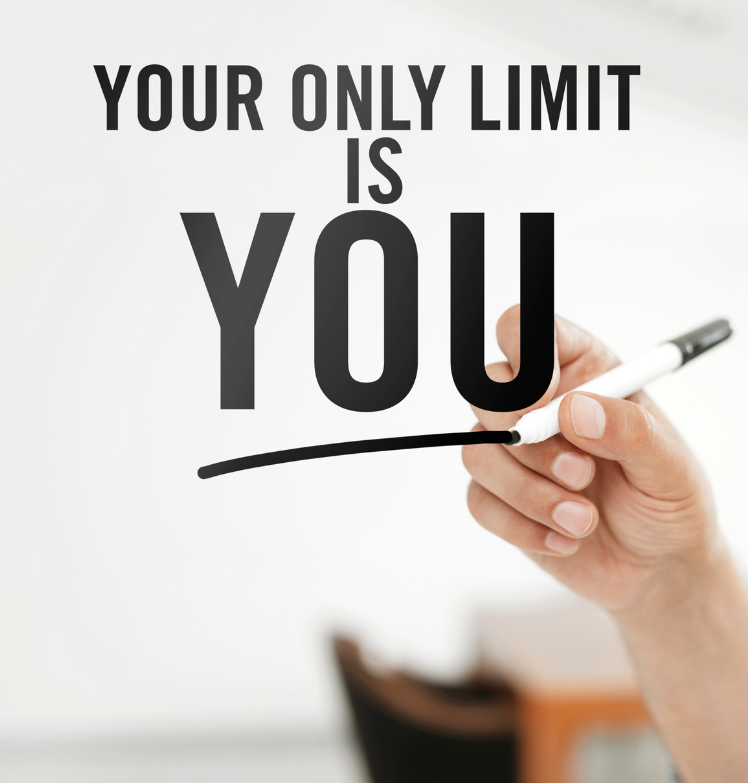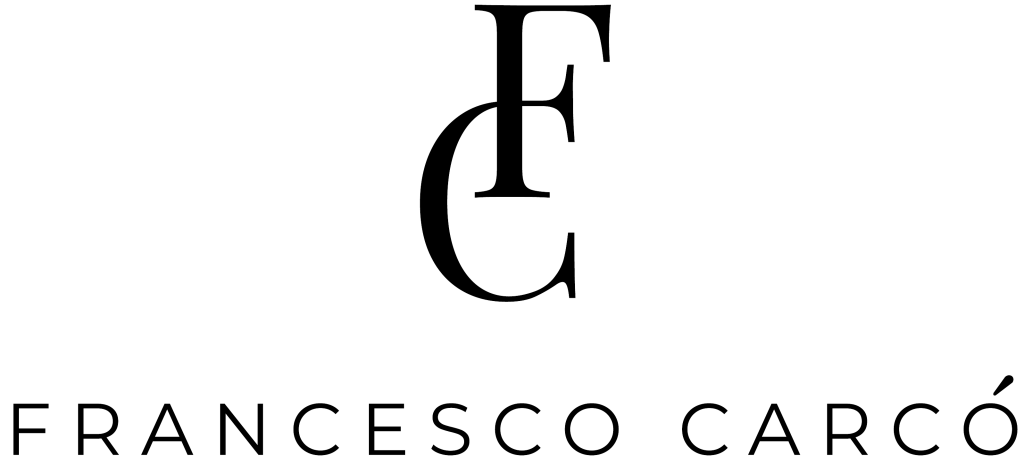
Overcoming Self-Limiting Beliefs
In our journey through life, we often encounter invisible barriers that halt our progress, not recognizing that these barriers often stem from within. These internal obstacles, known as self-limiting beliefs, can significantly influence our decision-making, beliefs, and overall success. This comprehensive exploration aims to demystify self-limiting beliefs, understand their origins, and provide strategies for overcoming them to foster a more fulfilling and successful life.
What Are Self-Limiting Beliefs?
Self-limiting beliefs are the subconscious beliefs we hold about ourselves, our capabilities, and our potential that constrain us in some way. These beliefs manifest as thoughts and narratives that diminish our self-worth and potential, such as “I’m not good enough,” “I don’t deserve success,” or “I can’t change my circumstances.” While these beliefs may seem to protect us from failure or disappointment, they ultimately restrict our growth and potential.
The Formation of Self-Limiting Beliefs
Self-limiting beliefs are often the product of past experiences, cultural conditioning, and environmental factors. From a young age, we absorb information from our surroundings – including opinions from family, friends, and media – which shapes our perceptions of reality and ourselves. Negative experiences, such as failure or rejection, can lead to the development of self-limiting beliefs if they are internalized as reflections of our capabilities rather than isolated incidents.
How Self-Limiting Beliefs Shape Our Reality
Our beliefs act as lenses through which we interpret the world; they can alter our perception, behaviour, and ultimately, our reality. Self-limiting beliefs can lead to self-fulfilling prophecies where we unconsciously align our actions with our beliefs, thus validating them. For example, if you believe you are incapable of public speaking, you may avoid opportunities to speak, thereby never improving your skills or changing your belief.
The Role of Cognitive Biases
Cognitive biases, such as confirmation bias and negativity bias, play a significant role in reinforcing self-limiting beliefs. Confirmation bias leads us to search for, interpret, and recall information that confirms our pre-existing beliefs, ignoring evidence that contradicts them. Negativity bias, on the other hand, is the tendency to give more weight to negative experiences or information than to positive ones. Together, these biases can keep us trapped in a cycle of negative thinking and self-doubt.
Overcoming Self-Limiting Beliefs
Changing self-limiting beliefs is not an overnight process, but with awareness and effort, it is possible to shift your mindset and embrace a more empowering perspective. Here are some strategies to overcome self-limiting beliefs:
- Identify and Acknowledge Your Beliefs: Recognize and write down your self-limiting beliefs. Acknowledging them is the first step towards change.
- Question Their Validity: Challenge your beliefs by asking questions like, “Is this belief absolutely true?” and “What evidence do I have that supports or contradicts this belief?”
- Shift Your Perspective: Try to view situations from different perspectives. Ask yourself, “How would someone I admire handle this situation?”
- Set Small, Achievable Goals: Break your overarching goals into smaller, manageable tasks. Success in these smaller endeavours can build confidence and challenge your limiting beliefs.
- Surround Yourself with Positivity: Engage with supportive and positive people. Their perspectives can influence your thoughts and help shift your mindset.
- Practice Self-Compassion: Treat yourself with kindness and understanding. Remind yourself that everyone makes mistakes and that failure is a part of growth.
- Seek Professional Help: Sometimes, self-limiting beliefs (SLBs) are deeply ingrained and may require the assistance of a therapist or counsellor. I use different tools and techniques to remove self-limiting beliefs from anyone in need. Any SLBs can be removed or changed with my coaching programs
In conclusion, while self-limiting beliefs are a common human experience, they do not have to dictate our lives. By understanding their origins, recognizing how they affect our reality, and implementing strategies to overcome them, we can break free from the chains of self-doubt and embrace a life filled with confidence, growth, and success. Remember, the belief that you can overcome your self-limiting beliefs is in itself a powerful step towards change.

